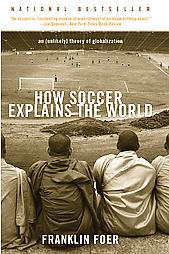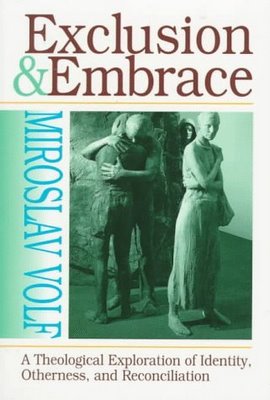Reprieve
I am taking a hiatus from The Moviegoer. I am having a hard time getting into it. It reminds me a little bit of the Rabbit series by John Updike. I loved Updike’s short stories and was even more enamored that he resided down the street from Gordon College. There was one story in particular that I had dreams about for a long time after reading it. That swimming pool with the red leaves and the woman slipping in on the last warm day, I could see all of that. And I could imagine running into the author at the Wenham post office.
But the Rabbit books felt heavy and dull, especially Rabbit, Run. I couldn’t sink my teeth into the woeful Rabbit life and the constant driving around. There is deep loneliness there. Maybe it’s because marriage and the movement towards marriage is un-lonely, stripped of loneliness (at least for me). I can’t make my heart sorrowful enough for The Moviegoer, at least not today.
For whatever reason, I am doing much better with theology these days. I gravitate that way in libraries, a natural tilt towards those shelves. So it was Luis Urrea’s Devil’s Highway first. I guess this is actually politics/immigration, but any story about aliens wandering in the desert towards their doom has the ring of Exodus. I started this for work as I am bringing a group of students to work with the Salesian brothers in Tijuana in March. It’s an ugly world, immigration in Arizona. This book was about the largest group death in the desert, 15 men in a group of 30 who roasted to death trying to cross.
Now I am working on Hans Reinder’s The Future of the Disabled in Liberal Society. It’s also amazing, some of the best work I’ve read on disabilities in a while. A great departure from the smooshy stuff in Jean Vanier. I’m only half way through, but so far it’s a must read for anyone interested in genetics, biomedical ethics, prevention therapies or disability theology.
But the Rabbit books felt heavy and dull, especially Rabbit, Run. I couldn’t sink my teeth into the woeful Rabbit life and the constant driving around. There is deep loneliness there. Maybe it’s because marriage and the movement towards marriage is un-lonely, stripped of loneliness (at least for me). I can’t make my heart sorrowful enough for The Moviegoer, at least not today.
For whatever reason, I am doing much better with theology these days. I gravitate that way in libraries, a natural tilt towards those shelves. So it was Luis Urrea’s Devil’s Highway first. I guess this is actually politics/immigration, but any story about aliens wandering in the desert towards their doom has the ring of Exodus. I started this for work as I am bringing a group of students to work with the Salesian brothers in Tijuana in March. It’s an ugly world, immigration in Arizona. This book was about the largest group death in the desert, 15 men in a group of 30 who roasted to death trying to cross.
Now I am working on Hans Reinder’s The Future of the Disabled in Liberal Society. It’s also amazing, some of the best work I’ve read on disabilities in a while. A great departure from the smooshy stuff in Jean Vanier. I’m only half way through, but so far it’s a must read for anyone interested in genetics, biomedical ethics, prevention therapies or disability theology.



